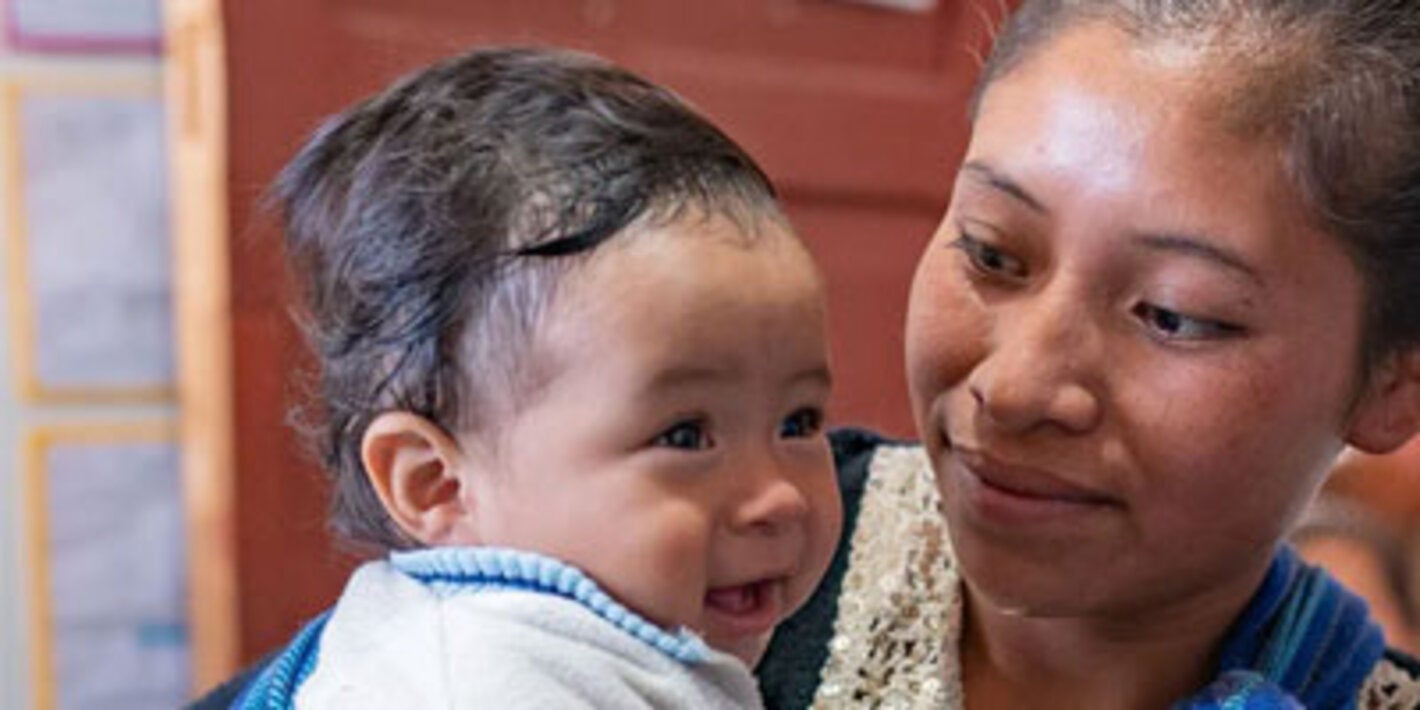
Washington DC, 3 October 2024 (PAHO)- The 61st Directing Council of the Pan American Health Organization (PAHO/WHO) urged countries to renew focus on women's, maternal, neonatal and reproductive health based on the Primary Health Strategy, and approved the closure of the Latin American Center for Perinatology - Women's and Reproductive Health (CLP/WR) in Uruguay with the transfer of the center's functions to PAHO Headquarters in Washington, D.C.
Dr. Jarbas Barbosa, Director of PAHO, emphasized that this measure is part of a strategy to “optimize the organizational structure of the Office and improve the response to the demand for technical cooperation, considering the constantly evolving regional and global context, as well as the lessons learned during the COVID-19 pandemic.” He noted that PAHO seeks to “increase the capacity to respond to the needs of the countries in an integrated, inter-programmatic, coordinated and efficient manner.”
Dr. Barbosa pointed out that the Pan-American centers “have been an important modality of PAHO technical cooperation for more than 60 years, but this situation has been changing as national capacities for human resources training and research have developed in PAHO Member States.”
History of CLP/WR
CLP/WR was created in 1970 through an agreement between the Government of the Oriental Republic of Uruguay, the University of the Republic of Uruguay and PAHO. In its beginnings, CLP/WR was dedicated to training obstetricians and human resources for health in the clinical management of pregnancy, childbirth and neonatal health. Between 1970 and 2005, more than 4,500 clinical professionals were trained.
As national medical training capacities at the regional level, academic centers and technology advanced, the Center's activities focused on reproductive, maternal and neonatal health issues with a public health approach, and increased technical cooperation aimed at: (a) the formulation and promotion of policy and legislative frameworks; (b) the design, formulation and implementation of strategies for training and human resource development; (c) the development and promotion of guidelines for sustaining evidence-based information systems geared toward surveillance, follow-up, evaluation and decision-making; and (d) the development and promotion of operational research, aimed at closing the knowledge gaps that still persist in several areas of action in this field.
Legacy and new challenges
The Director of CLP/WR, Dr. Suzanne Serruya, said that “inequalities in access to quality care, associated with social determinants, result in persistent high rates of maternal and neonatal mortality and problems in accessing sexual and reproductive health services. This is a major challenge that highlights the need to enhance and better integrate interventions to achieve the commitments that the countries of the region have made.”
“The legacy of CLP/WR in knowledge, practices and promotion of rights at the service of the health and well-being of women and newborns will always continue. Now a new phase begins, with new challenges, but which will allow us to broaden our vision to continue moving forward to become a more equitable and sustainable region,” she said.



